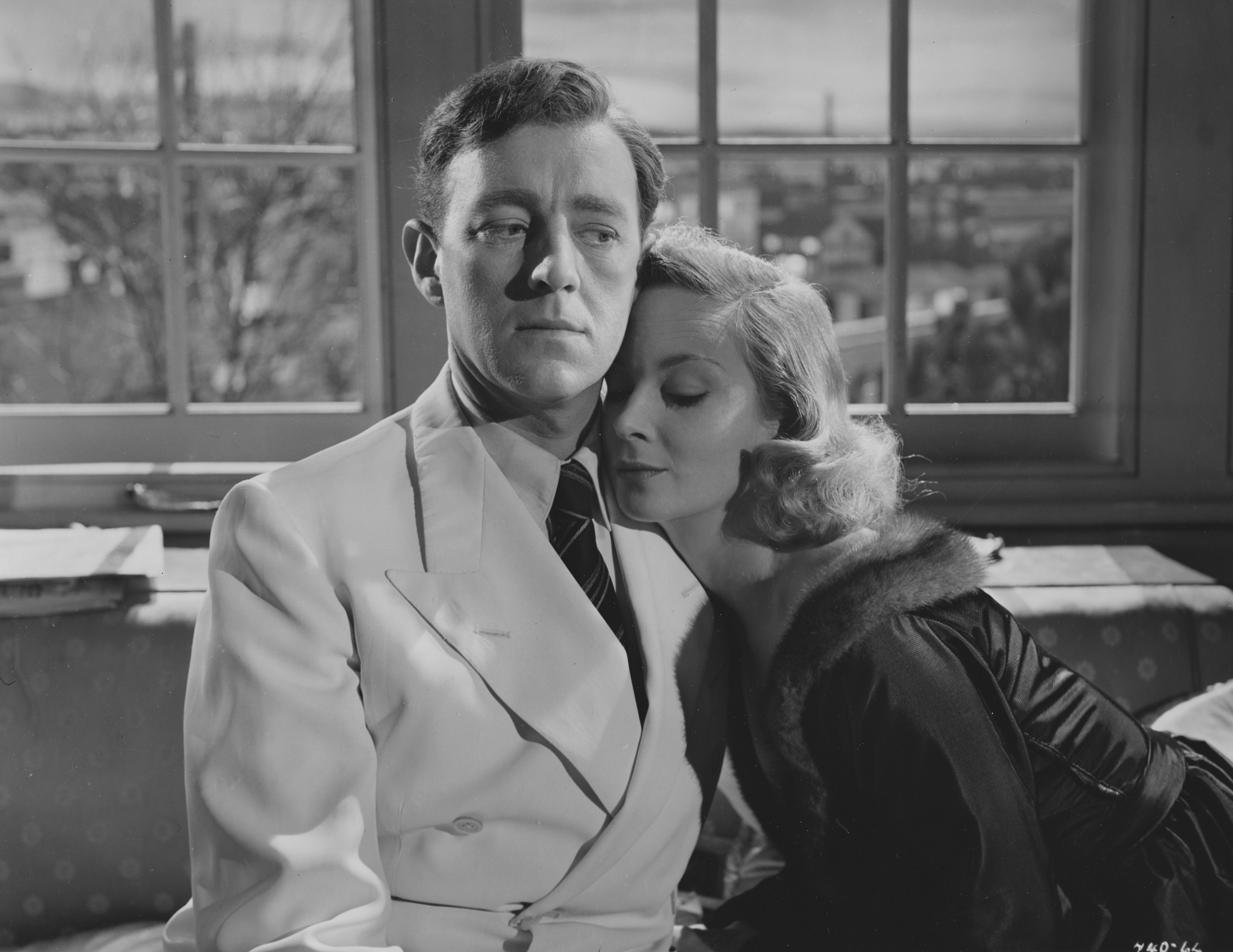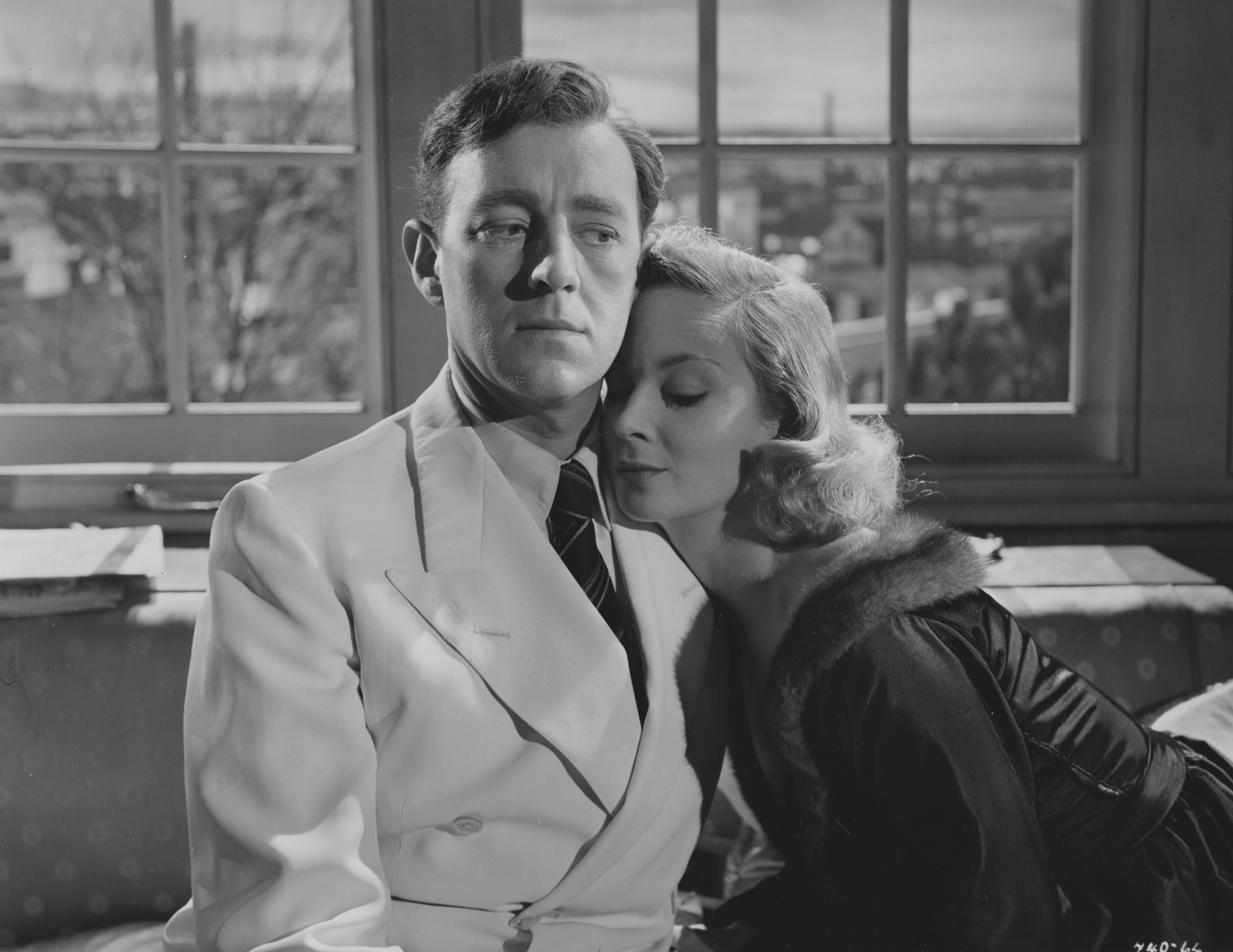"Why can't you scientists leave things alone?" Cinema in the 1950s often focused on the dangers caused by experiments that went horribly wrong. But Ealing's The Man in the White Suit isn't a sci-fi movie about marauding giant ants, or a cautionary tale about the nuclear arms race. This is a bleak but brilliant satire about industrial unrest, class conflict and shattered dreams in the British textile industry.
Sidney Stratton (played by Alec Guinness) is an ambitious young chemist, who's determined to perfect his formula for an indestructible new cloth. He inveigles his way into an unpaid position at the factory owned by Birnley (Cecil Parker). The bean-counters there wouldn't know an electron microscope from a hole in the ground, but they do spot a few anomalies in the accounts. Luckily, Birnley's daughter Daphne (Joan Greenwood) takes a shine to Sid, so he's given the time and money to pursue his dream. But there's a big snag: winning the "endless losing battle against shabbiness and dirt" might be great news for consumers, but it would also deal a death-blow to the industry.
If you know Ealing mainly for lighter films like The Titfield Thunderbolt and Passport to Pimlico, this is a far more cynical portrait of postwar Britain from director Alexander Mackendrick. He'd already made Whisky Galore! (1949) for Ealing and would later direct the wickedly black comedy The Ladykillers in 1955. But The Man in the White Suit, which was co-written by Mackendrick with John Dighton and Roger MacDougall, isn't remotely cosy, heartwarming or "Home Counties". It's set in an archetypal North of England town, dominated by narrow terraced streets, sooty factory chimneys and an overriding sense of "where there's muck there's brass".
There are also elements of film noir about the look and content of this film that wouldn't be out of place in 1940s Hollywood. Guinness's Sidney is constantly embattled, held captive or in flight from his enemies on both sides of the class divide. When he's not fleeing in his luminous white suit, Sidney hides around corners at the factory, or lurks in the shadows at Mrs Watson's boarding house. Cinematographer Douglas Slocombe uses atmospheric shots of the banister rails at the Birnley mansion to emphasise that there's no escape for Sidney.
Joan Greenwood's husky-voiced Daphne isn't a femme fatale here, but her pursuit of the single-minded Sidney is driven less by romantic yearnings than by a desire to escape the overbearing men in her life. Sidney, who dazzles Daphne with his discourse on "long-chain molecules", doesn't even notice that he has another ardent admirer in down-to-earth factory worker Bertha (Vida Hope). This is a film in which the hero's eyes light up not at the sight of female beauty, but the vision of a lab full of gleaming test tubes.
Guinness was undoubtedly Ealing's greatest star, but even his skill can't make Sidney into a figure you really care about. He evolves from a bumbling boffin in a tin hat and cricket sweater who keeps blowing up his lab, to a thoroughly divisive figure who threatens an industry's survival. But there's never a sense that he's gained any perspective or grasped that his invention could have serious consequences – for rich and poor. The Man in the White Suit is a film I admire for its pacy direction, smart script and superb performances, but I don't relish it in the same way as Kind Hearts and Coronets.
A restored print of The Man in the White Suit is being re-released in UK cinemas this month to commemorate the 100th anniversary of director Alexander Mackendrick's birth. The new DVD/Blu-ray release is a bit of a disappointment though. There's a brief featurette "Revisiting the Man in the White Suit", with contributions from Stephen Frears and Ian Christie, but no audio commentary or detailed look at Mackendrick's career.













